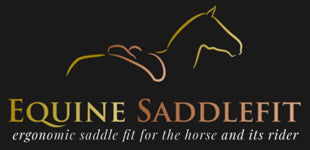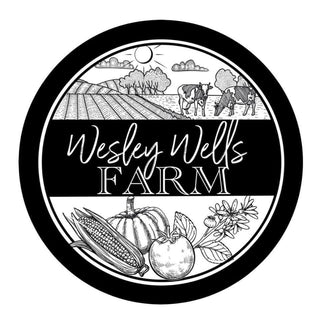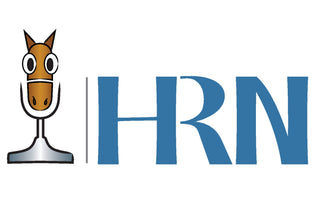Choosing The Right Horse Paddock Fencing
Whether you are replacing old fencing or designing a completely new paddock, it is important to ensure that you are choosing the right type of horse paddock fencing. Here are some tips to help you choose the best fencing for your land.
Types Of Fencing
Below are the most commonly used types of horse fencing:

Electric Fencing: Electric fencing provides a small shock when touched, discouraging horses from rubbing or chewing on posts and from trying to explore outside of their paddock.
Electric fencing is inexpensive and relatively easy to maintain, but one major downfall is that it is not exceptionally visible, which can be potentially dangerous. Applying flagging tape is a great way to increase visibility.


Vinyl or PVC Post and Rail: Vinyl fencing provides a traditional and attractive look, closely mimicking the look of wooden fences while providing the durability of vinyl or PVC. This type of fencing is easy to install and maintain.



Budget
The first thing to consider when choosing new horse fencing is your budget for the project.
The cost of fencing can range greatly depending on the materials and style - inexpensive options like wire and electric fencing cost just a few cents per foot, while more expensive options like solid wood can cost upwards of $12 per square foot.
Many people who are faced with fencing in large areas may opt for wire or electric fencing to cut down on cost, but it all boils down to personal preference and budget.
If the aesthetics of your fencing is important to you and money is no object, you may want to opt for solid wood, steel pipe rail fencing, or vinyl/PVC post and rail fencing.
Below are the typical costs that can be expected of the most popular fencing options:
- Wooden Post & Rail: $5-12 per foot
- Vinyl or PVC Post and Rail: $5-10 per foot
- Wire Mesh: $0.2-0.6 per foot
- Electric Fencing: $0.1-0.3 per foot
- Steel Pipe Rail: $7-11 per foot

Terrain and Weather
The terrain of the land that you will be fencing plays a large role in the type of fencing that you choose to use.
If you live in an area that is exposed to large amounts of wet conditions, you may want to steer clear of wooden fence posts, as they face the risk of rotting out over time.
Fencing in hilly terrain can prove to be a bit difficult, but it is typically recommended to use wire fencing, as they provide a strong barrier that is flexible and can easily be manipulated as needed. More traditional fencing is less flexible and more difficult to manipulate on uneven terrain.

Intended Use
When choosing the type of fencing that you will use for your new paddock, it is also important to consider the horses that you intend to keep inside.
A paddock that will be used for older and calmer horses will typically not have to be as strongly reinforced as one that will be used to keep younger or more excitable horses that may try to test the limits or explore beyond the fence.
It is also important to consider the size of the horses you intend to keep in the paddock; if you have miniature horses or foals, wire mesh fencing is usually essential for preventing them from slipping between the fence posts.
It is also worth considering that smaller horses will not need exceptionally tall fencing. Draft horses - as well as athletic jumpers or excitable stallions - require taller and sturdier fencing.

Size of Paddock
Horses who are placed in larger paddocks with plenty of space to explore are much less likely to test the boundaries and attempt to escape or explore elsewhere.
If you are planning on building a smaller paddock, it is worth considering one of the more strong and durable options as a proactive measure against curious or excitable horses.
Small paddocks typically benefit from the use of durable fencing options like wood, vinyl, or steel pipe, while larger paddocks that provide more free roaming space are usually good candidates for wire or electric fencing.

Which Type of Horse Fencing is Best?
When it comes to choosing the type of fencing you use for your new paddock or pasture, it all comes down to your needs, your budget, and your personal preferences.
The type of fencing that works best for someone who operates a broodmare farm will differ greatly from someone who breeds and trains athletic show jumpers, and so on.
The best way to determine which type of fencing suits you best is to take into consideration the things that have been discussed here today.

Paddock Blade: Best Paddock Cleaning Tool
Once you have your beautiful new fencing installed, it’s likely that you’ll be turning your attention to the care and maintenance of this new grazing space.
Investing in a paddock cleaning tool has the potential to cut your paddock maintenance and cleaning to just a fraction of the time it takes to do by hand.
Paddock Blade is proud to provide the best paddock cleaning tools on the market.
We’re dedicated to helping hard-working equestrians simplify their everyday tasks so they can spend more time enjoying quality time with their horses.
To browse Paddock Blade’s inventory of industry-leading paddock cleaning tools, click here.
For more informative equestrian blogs, check out our blog page.

















